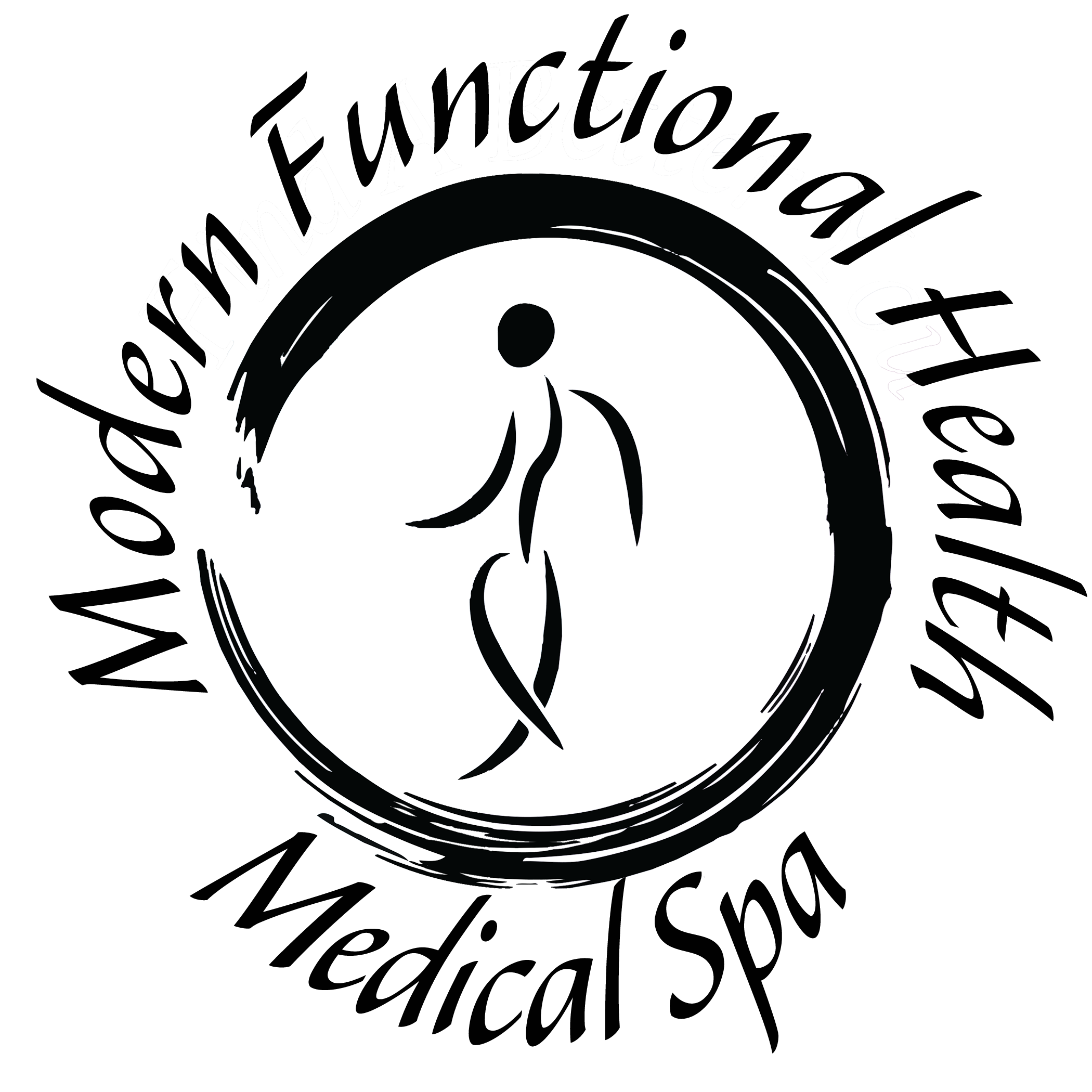Testosterone Replacement Therapy
Over 8 million Americans are taking testosterone and that number is climbing every year. Testosterone is usually produced in the testicles of men and in smaller amounts in the ovaries and adrenal glands of women. Maintaining your testosterone will make a difference in your overall health. Keeping up with your testosterone levels can help with your energy levels, and metabolism, and reduce diseases like osteoporosis/cardiovascular issues.
Benefits of Optimized Testosterone Levels
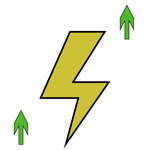
Improved Energy Levels
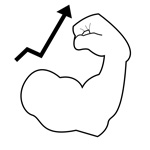
Enhanced Muscle Mass and Strength
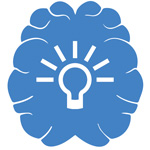
Better Mood and Mental Clarity
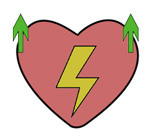
Increased Libido and Sexual Performance

Improved Overall Health and Longevity
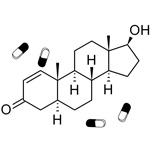
Supplements and Testosterone Optimization
Find out if Testosterone Replacement Therapy is Right for You
What are Normal Testosterone Levels?
Typically, normal testosterone levels in males range from about 300 to 750 ng/dL but begin to decline naturally around age 30 at about 1% per year. This is measured by a blood test, and the results will be reviewed by a doctor.
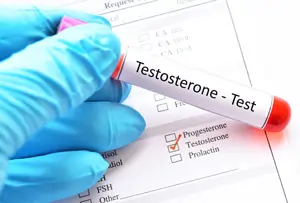
Age | Normal Testosterone Levels |
Teenage Males | 300-1200 ng/dL |
Men in their 20's | 300-1200 ng/dL |
Men in their 30's | 274-1075 ng/dL |
Men in their 40's | 252-916 ng/dL |
Men in their 50's | 215-878 ng/dL |
Men in their 60's | 196-859 ng/dL |
Men in their 70's | 156-819 ng/dL |
* These ranges can vary slightly depending on age, medications, and overall health.
Natural Ways to Optimize Testosterone Levels
- Diet: Foods that boost testosterone (e.g., lean proteins, healthy fats, zinc-rich foods).
- Exercise: Types of exercises that help increase testosterone (e.g., strength training, high-intensity interval training).
- Sleep: Importance of quality sleep and its impact on testosterone levels.
- Stress Management: How stress affects testosterone and ways to reduce stress (e.g., meditation, relaxation techniques).
- Lifestyle Changes: Avoid substances that can lower testosterone (e.g., alcohol, certain medications) and other lifestyle adjustments.
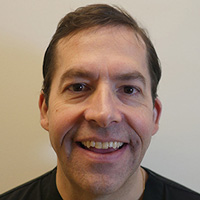
Dr. James Sturm D.O. DABA, FIPP
Dr. Sturm has three degrees first he is an anesthesiologist, second pain management, and third is in intervention pain management. He is also board-certified in aesthetics. He's been interested in Functional Medicine for many years. He knew there had to be a way to help patients/clients without surgeries.
Dr. Sturm can help in the following areas: nutritional therapies, peptides, IV therapies, medical weight loss, testosterone, GHT (growth hormone therapy), women's sexual health, PRP/PRP for hair growth, and pain management.
Symptoms of Low Testosterone
Common symptoms of low testosterone (Hypogonadism) that are significant to your daily life are fatigue, decreased libido, and weight gain (especially around the abdomen). Mood changes like irritability and depression can disrupt routine activities, lower productivity, and strain personal relationships, contributing to a poorer quality of life.
These changes not only impact mental health but can also increase the risk of physical health issues like cardiovascular diseases and osteoporosis. Addressing these symptoms and the underlying causes of low testosterone is crucial for improving life quality and preventing further health complications.
Warning Signs
Mind
- Increased/Frequent Depression
- Disturbed Sleep
- Decreased Mood
- Reduced Self-Confidence
- Reduced Memory Function
- Difficulty Concentration
Body
- Lesser Hair Growth
- Fatigue
- Declining Muscle and Bone Mass
- Hot Flashes or Flushing
- Decreased Red Blood Cell Production
- Increased Body Fat
- Swollen or Tender Breasts
Sexual Function
- Decreased Sperm Production
- Lower Sex Drive
- Difficulty Sustaining Erections
- Fewer Spontaneous Erections
When to See a Functional Medicine Doctor
When symptoms such as persistent fatigue, mood changes, decreased libido, difficulty in maintaining muscle mass, and unexplained weight gain persist and impact your quality of life. These symptoms, requiring professional evaluation, might indicate underlying health issues.
If low testosterone is diagnosed, testosterone replacement therapy (TRT) is a common treatment, available in forms like injections, patches, gels, or tablets, aimed at restoring normal testosterone levels and alleviating related symptoms. TRT must be tailored and monitored for effectiveness and potential side effects, including cardiovascular risks and hormonal imbalances.
A Functional Medicine Doctor like Dr. Sturm D.O. DABA, FIPP, will examine your blood test and decide the best option for your needs. Schedule a consultation with Find A Better You Modern Med Spa or call us at (636) 205-4070 to optimize your testosterone today!
Functional Medicine
We will need to talk on the phone to schedule your appointment. *We do not allow children in our spa without supervision, or left in a car by themselves. Thank you!
